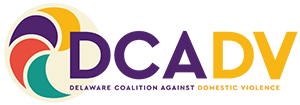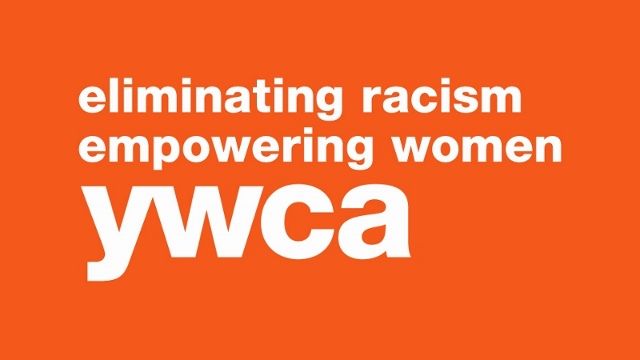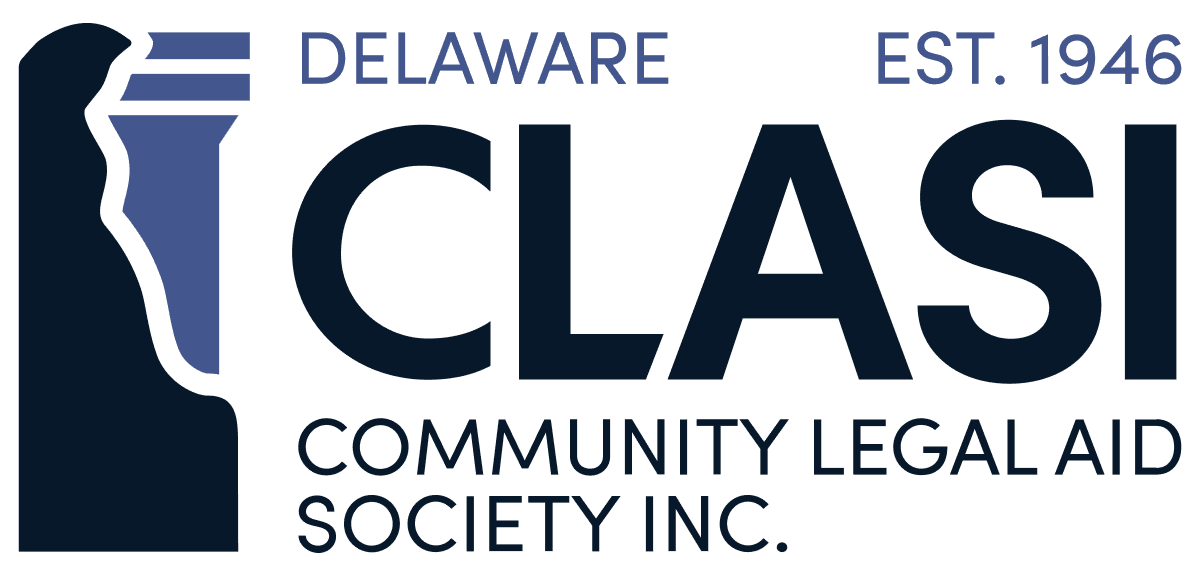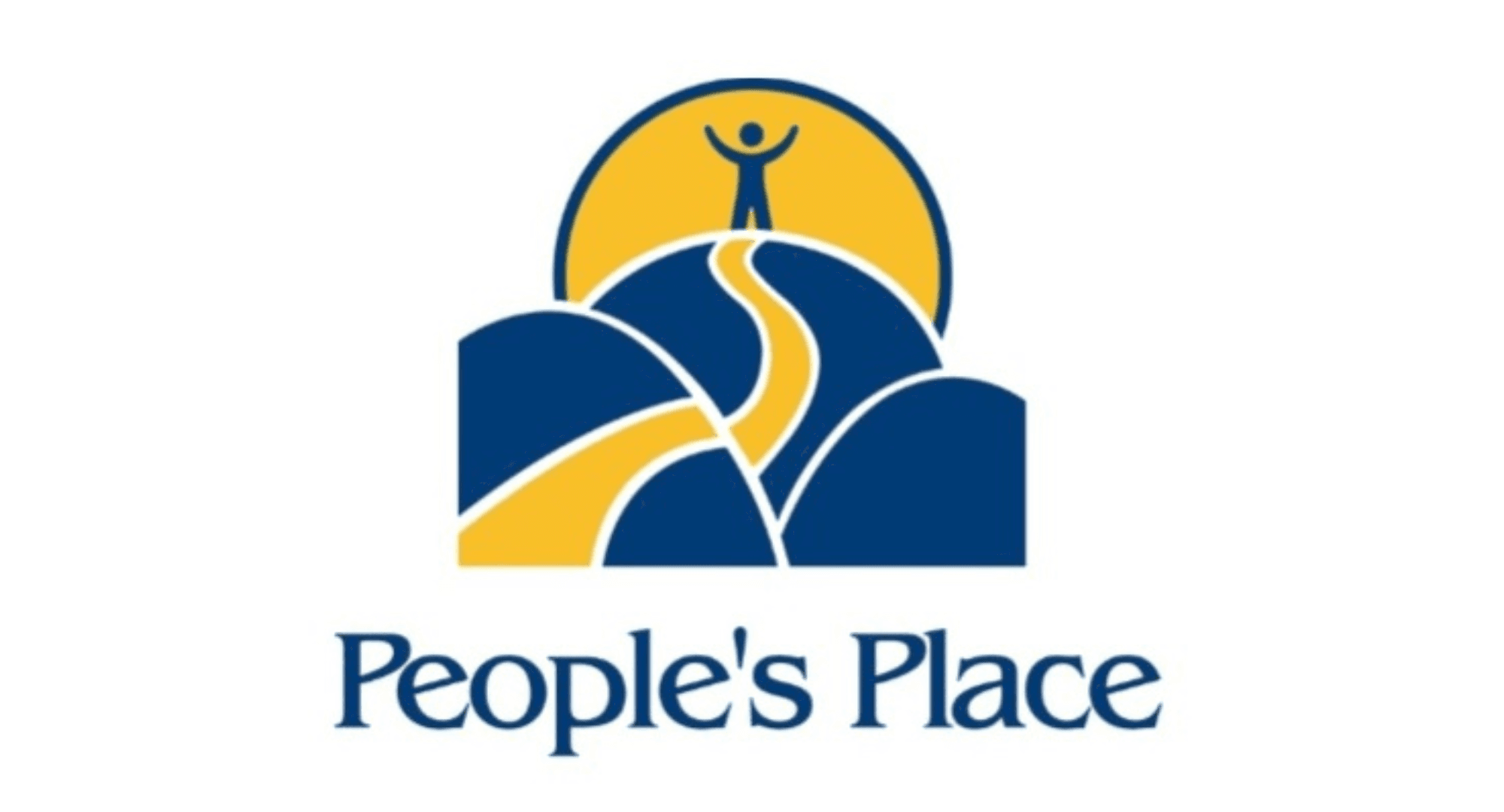Economic Abuse – Economic abuse involves one person in a relationship maintaining control over financial resources, withholding access to money, or attempting to prevent another person from working and/or attending school in an effort to create financial dependence as a means of controlling the relationship [source].
Economic Insecurity – Economic insecurity describes the risk of economic loss faced by workers and households as they encounter the unpredictable events of social life [source].
Economic Security – Economic security describes the ability of individuals, households or communities to cover their essential needs. This can vary according to an individual's physical needs, the environment and prevailing cultural standards. Food, basic shelter, clothing and hygiene qualify as essential needs, as does the related expenditure; the essential assets needed to earn a living, and the costs associated with health care and education also qualify [source].
Financial Literacy – Financial literacy is the education and understanding of knowing how money is made, spent, and saved, as well as the skills and ability to use financial resources to make decisions. Individual skills related to being financially literate include understanding how to open a savings and/or checking account, how to balance a checkbook, and the concept of budgeting in order to make decisions with money [source].
Match-Savings Account Program – The account holder deposits money into a savings account and the funds are matched by an organization or institution offering the program. The match can vary from a simple dollar‐to‐dollar match up to an eight‐to‐one match, depending on the rules of the particular program [source].
Microloan – is a very small, short-term loan at low interest, especially to a start-up company or self-employed person [source].




